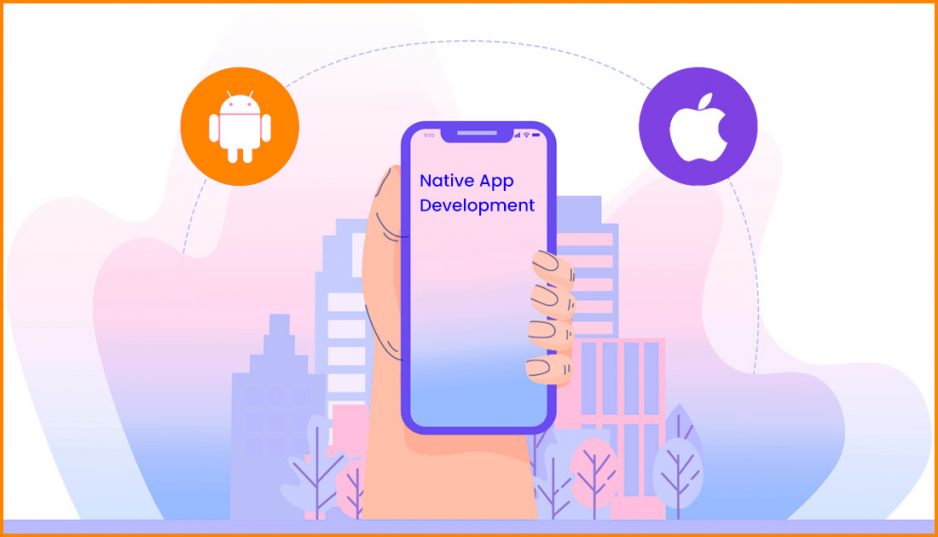Native applications are written in languages that are specific to operating systems. The application is primarily developed with Java for Android app, whereas Objective for iOS apps. However, as they tend to be an extensive development platform, these languages are being replaced by Kotlin (Android). These kinds of applications are considered to be well suited for specific systems. Furthermore, they provide benefits from all features and integrate with almost the entire ecosystem such as Google, Android Pay, Siri, and other voice navigation.
Therefore, to achieve the best user experience while considering the look and feel of the application, native mobile app development would be a good option. It is so because when an app follows the guidelines of popular platforms, then the users tend to become familiar with how to use it. Moreover, there are plenty of other reasons that sounds even more convincing to prefer Native apps which are as follows:
Performance
Native apps are considered to be faster when compared to non-native apps because they are written in languages that are supported within the platform’s ecosystem. With this, the application runs smoothly too as they provide access to APIs and components that are optimized with different screen sizes and system versions.
Security
When it comes to hybrid apps, they tend to rely on system browser security. However, native or cross-platform apps are mostly protected by different types of layers of an operating system, which makes them challenging to exploit. Furthermore, they don’t require any third-party framework, instead, they use official APIs that are tested across various system versions.
As they take a long time developing an official platform SDK, they eliminate almost every emerging security issue. The official platform requires updates less frequently, which is the opposite of framework releases. When the release cycle is longer, then it offers more security, well-tested, and reliable software.
Access to Developers
Many experienced programmers are focused on native app development. With years of experience in Android and iOS systems, they become capable enough of solving different types of problems. With this, they can provide solutions when it comes to technical, UX, and UI, helping to deliver the best result to the platform.
Expandability
Generally, Native projects are said to be faster to configure, while they have to be compatible with only one platform. If there are two native projects such as Android and iOS, then they are completely separate in their app dependencies. As they come with different versions, their features can be freely used. It becomes easier to scale when there are fewer restrictions.
However, for companies that are looking for both cross-platform benefits and native solutions, then it’s better to start natively. After this, one can extend some of the smaller modules of the app with some additional cross-platform code. It is considered to be a safe strategy that is already used by Facebook and Airbnb.
Stability Standards
Be it a native iOS or native android mobile application development, these platforms are unlikely to drop their support and trends. Android and iOS for instance are considered to be the flagship of Google and Apple. This implies that they are fully supported by these tech platforms and provide more stability in terms of maintenance and development.
When it comes to cross-platform frameworks then they are usually developed by third-party companies that might not provide great profit. As a result, it becomes easier for those companies to end their support or slow down the process of framework development. During native iOS mobile application development, many features such as shortcuts or biometric APIs are also implemented straightway, as they are released.

